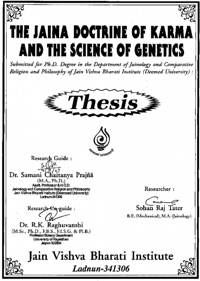Immunity is the ability of an individual to recognize the "self" molecules that make up one's own body and to distinguish them from such "non-self" molecules as those found in infectious micro-organisms and toxins. This process has a prominent genetic component. Knowledge of the genetic and molecular basis of the mammalian immune system has increased in parallel with the explosive advances made in somatic cell and molecular genetics.
There are two major components of the immune system, both originating from the same precursor "stem" cells. The bursa component provides B lymphocytes a class of white blood cells that, when appropriately stimulated, differentiate into plasma cells. These latter cells produce circulating soluble proteins called antibodies or immunoglobuling. Antibodies are produced in response to substances called antigens, most of which are foreign proteins of polysaccharides. An antibody molecule can recognize a specific antigen, combined with it, and initiate its destruction. This so called humoral immunity is accomplished through a complicated series of interactions with other molecules and cells; some of these interactions are mediated by an other groups of lymphocytes, the T lymphocytes, which are derived from the thymus gland, once a B lymphocyte has been exposed to a specific antigen, it "remembers" the contact so that future exposure will cause an accelerated and magnified immune reaction. This is a manifestation of what has been called immunological memory.
The thymus component of the immune system centres on the thymus derived T lymphocytes. In addition to regulating the B cells in producing humoral immunity, the T cells also directly attack cells that display foreign antigens. This process, called cellular immunity, is of great importance in protecting the body against a variety of viruses as well as cancer cells. Cellular immunity is also the chief cause of the rejection of organ transplant. The T lymphocytes provide a complex network consisting of a series of helper cells (which are antigen specific), amplifier cells, suppressor cells and cytotoxic (killer) cells, all of which are important in immune regulation.[54]
 Prof. Dr. Sohan Raj Tater
Prof. Dr. Sohan Raj Tater
 Doctoral Thesis, JVBU
Doctoral Thesis, JVBU